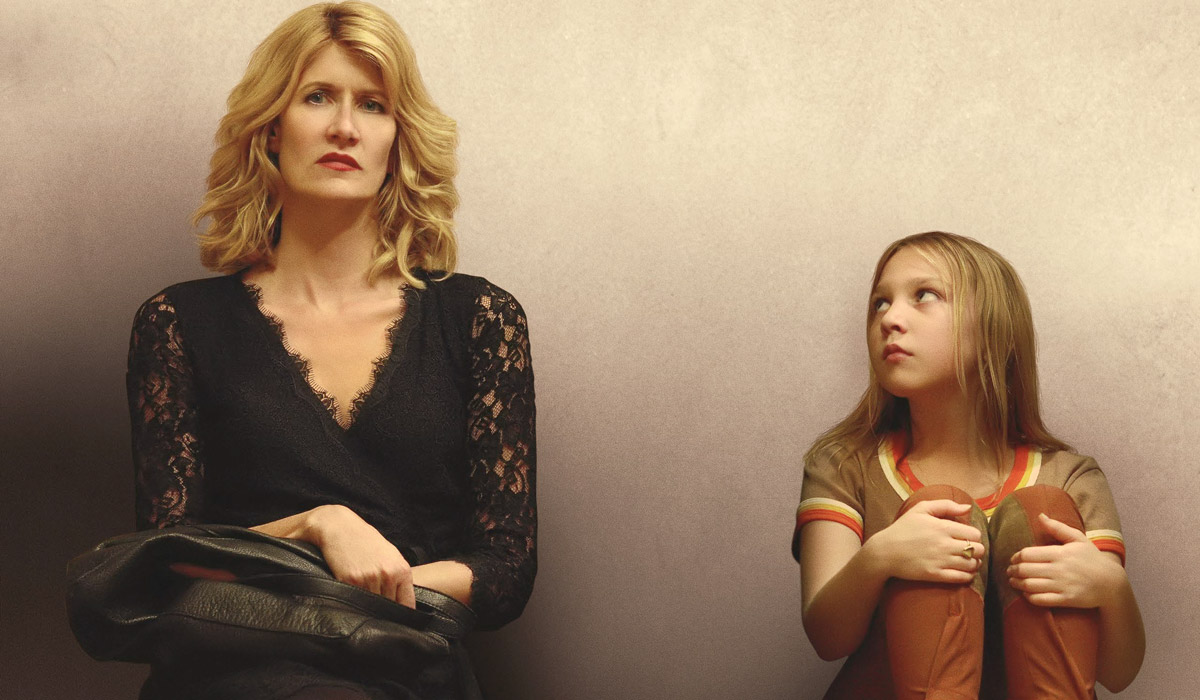Trauma and Memory in The Tale, Part One

This week, Dan is joined by Cathy Loerzel, Executive Vice President, for a conversation about The Tale—a beautiful, harrowing new film by Jennifer Fox about childhood sexual abuse. Cathy shares how she stumbled on the movie on HBO this summer and immediately started alerting our team about it; Dan recalls that it was less of a recommendation than a command: “You need to watch this film.”
Cathy: “It was one of the most excruciating, troubling, confirming films that I have ever seen in terms of the work that we do here at The Allender Center.”
Dan: “I had to take three Tums just to get through the sense of nausea and heartbreak. It is a stunning film. For anyone who has addressed, is addressing, is working with the issues of trauma and abuse, this is a must-see film.”
So few people are talking about the reality of childhood sexual abuse.
While The Tale is intense, devastating, and potentially triggering for abuse survivors, Cathy and Dan stress that it is not gratuitous. With great insight and creativity, it tells the story of what happens in childhood sexual abuse and wrestles with how that story continues to unfold in adulthood. Dan and Cathy discuss how many of the dynamics that emerge in the film—like the grooming, ambivalence, and family of origin realities that mark stories of abuse—bring to life much of the theory that we engage at The Allender Center.
Cathy: “A lot of the work that we do is taking bits of memory and creating the movie around it, bringing a black and white description into color and putting a fabric around it, putting texture around it, putting smells and even the scenery around it in a different way that allows people to step into abuse memories in a different sort of way. That’s what Jennifer Fox is doing in this movie.”
The narrative structure of The Tale, crafted with such clear thoughtfulness and care, is a reflection of the fragmentation that marks stories of trauma. It wrestles with deep questions about memory, truth, intention, and so much more—without offering quick or easy answers. Instead, it pulls you into the fragmentation of memory and the horror of the truth.
Dan: “In the process, you’re going to discover that her memory is present, but it’s past. It’s fragmented, it’s distorted, it’s accurate, inaccurate. And the past speaks to the future. The 13-year-old girl interacts with the adult woman, just as we already know that memory is never a kind of verbatim story or narrative. It’s fragmented. […] It’s brilliant how she tells the story, and yet you have to enter her fragmentation to be able to follow the story, which can’t be followed.”
Cathy and Dan discuss other aspects of the film that reflect its brilliance: the seductive allure of the abusers, the awareness that abuse never occurs in a vacuum, the cunning nature of evil, and the way abuse fosters a war with our desire for connection. All of this is so crucial to engaging our stories with the hope of healing, and we are deeply grateful for—and awed by—Jennifer Fox for sharing this story. Join us next week as Dan and Cathy continue this conversation. And if you’re able to do so in a way that feels honoring to your own story, we do recommend watching The Tale (available on HBO or Amazon) before our next episode.
Dan: “You will find it a resource for honor and grief. It will help you honor and engage the story of others with far more sensitivity. And if it’s part of your own story, even though there are things that will be radically different, I believe that it will give you new grief. I felt new grief, and yet new honor about the great privilege that we have to be part of a community that addresses trauma and abuse.”
Image courtesy of thetalemovie.com.
